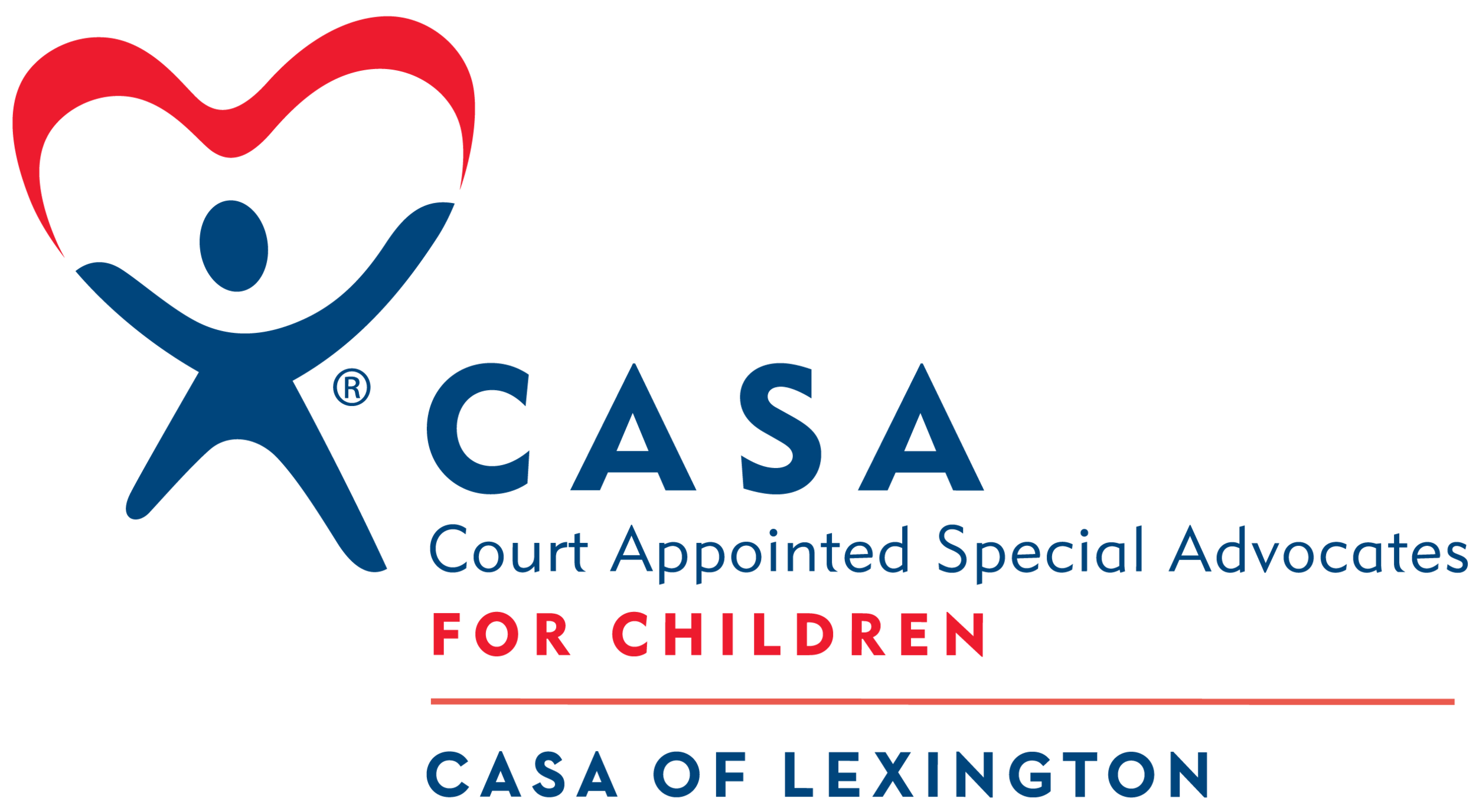Social workers are paid staff members of the Department for Community-Based Services (DCBS). They are assigned to dozens of cases at a time involving children who have been abused or neglected.
The social worker sees each child on their cases monthly. In many cases, these visits may last no more than a few minutes. Depending on the county, social workers can have more than 50 cases assigned to them at a time.
The social worker also works with biological parents on case plans for regaining or maintaining custody of their children. The social worker must balance the child’s needs and the parents’ rights in their work.
Attorneys for children, known as guardians ad litem (GALs), can be appointed to many children’s cases at a time. They are professional attorneys whose duty is to advocate for the child’s best interests.
GALs typically do not submit reports to the judge. Their advocacy must be that of any other attorneys on the case — they file and argue motions, briefs, and other legal pleadings and can cross-examine witnesses.
GALs can determine what they believe is in a child’s best interest by speaking with stakeholders, such as social workers, CASA volunteers, the child’s caregiver, service providers and teachers.
The GAL may be unable to meet with the child they represent outside of court given time constraints.
CASA volunteers are typically matched with the child or children on one case at a time. They invest all of their roughly 5-10 hours a month of volunteer time in that one case.
CASA volunteers provide a regular person’s perspective, rather than a legal or professional perspective. CASA volunteers are allowed to recommend whatever they believe would be best for the child. They operate independently, without the restrictions that are placed on social workers and attorneys.

